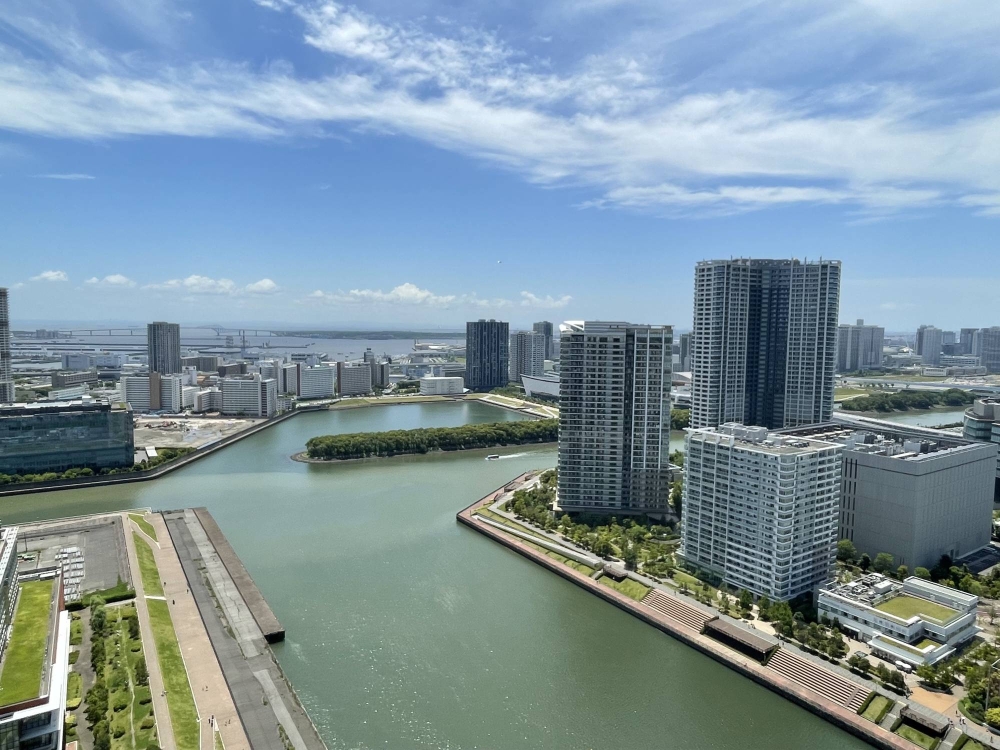






Japan is witnessing a significant influx of Chinese elites migrating to the country, particularly in urban centers like Tokyo and Osaka. This trend has been fueled by various factors, including disillusionment with Xi Jinping's 'China Dream,' which was introduced over a decade ago. Since late 2022, the number of Chinese emigrating has surged, reflecting growing dissatisfaction with economic decline and political repression in China [b582807b]. The COVID-19 pandemic and escalating tensions between the U.S. and China have further exacerbated this situation, leading to a notable rise in private capital leaving China through various means [b582807b]. The term '跑路' (to run away) has gained popularity among those expressing their desire to escape the current conditions in China [b582807b].
The influx of affluent Chinese individuals is significantly impacting Japan's luxury housing market, as they seek high-end properties to establish their new homes [ba070900]. Additionally, there is increased competition for admission into elite international schools in Japan, as these Chinese migrants prioritize providing their children with a quality education [ba070900]. This migration trend reflects the changing geopolitical landscape and the evolving dynamics between China and other countries, particularly Japan, which is seen as a stable and Western-aligned economy amidst ongoing tensions [1169e028].
As Japan experiences this influx, it is also grappling with its own economic challenges. Rising bond yields and inflation pose potential risks, and a disorderly exit from Japan's ultra-loose monetary policy could occur if global bond yields continue to rise and the U.S. economy remains resilient [1169e028]. Moreover, the country has faced structural issues, with years of quantitative easing and record-low interest rates failing to produce significant economic growth or reform [e83a5208]. The corporate welfare policies in Japan have hindered innovation and restructuring, leading to stagnation in the tech industry and minimal wage growth for workers [e83a5208].
Despite these challenges, Japanese companies are looking to engage with the Chinese market, although they remain cautious due to China's harsh anti-espionage laws and a stagnant economy [dfa98798]. The resumption of intergovernmental dialogue and economic activities between Japan and China has led to increased investment interest, with Panasonic Holdings Corp. planning to expand its investment in China [dfa98798]. However, concerns about the anti-espionage law and the overall economic climate in China have prompted an 'exit China' movement, resulting in a decline in the number of Japanese companies operating there [dfa98798].
The number of Japanese expats living abroad has also been declining due to the pandemic and economic pressures, with many returning home to secure jobs at Japanese companies and enroll their children in local schools [8c90073e]. The cities with the largest Japanese expatriate populations include Los Angeles, Bangkok, New York, Shanghai, London, and Singapore, but the overall number of overseas Japanese has decreased from 1.41 million in 2019 to 1.29 million in 2023 [8c90073e].
Insights from The Economist podcast highlight the motivations of educated, urban Chinese who have chosen to move to Japan, emphasizing the desire for better opportunities abroad following China's strict COVID-19 restrictions [7d1a62b6]. The podcast features discussions by Alice Su, The Economist's senior China correspondent, and David Rennie, the Beijing bureau chief, exploring the implications of this migration wave and what it signifies about the conditions in China [7d1a62b6].